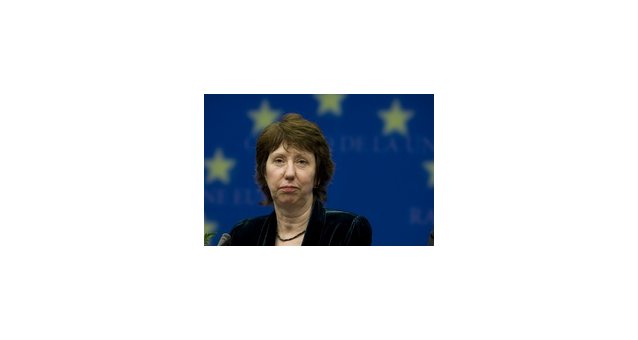EU diplomay: An Old Boys Club?

EUObserver today published an article on how the new EU External Action Service is struggling against gender and nationality biases.
EUOBSERVER / BRUSSELS - Belgian, Dutch, Italian, French and German men make up the lion’s share of EU ambassadors abroad, a new study timed to coincide with a major recruitment round for the European External Action Service (EEAS), has said.
The five founding members of the EU together have 66 heads of delegation out of the EU’s 115 foreign missions which are run by an official with the top-level grade.
The UK and Spain, two large countries which joined the EU later down the line, hold another 20, the report, by the Polish Institute for Foreign Relations, has shown. In contrast, the 10 countries which joined after 2004 have just two.
The current distribution of top-level foreign posts reflects old colonial ties. Portugal and Spain between them lead five EU embassies in Latin America. Former colonial powers have all but three out of the EU’s national representations in Africa.
The gross imbalance also goes against women.
Just 11 out of the 115 ambassadors are women, accounting for less than 10 percent, even though women make up 52 percent of European Commission personnel overall and 37 percent of staff in the commission’s foreign relations department.
"From personal experience, not even having a ’Western’ education (or being a female from Central and Eastern Europe) helps when heads of units are consistently German, French, Italian or Belgian," Ana (not her real name), an EU commission applicant who passed the entry exam but can not find a placement, told EUobserver.
The Polish survey comes at a crucial moment in EEAS recruitment, with the EU’s foreign relations chief, Catherine Ashton, who has made numerous rhetorical pledges to hire more people from eastern Europe and more women, about to take on an extra 111 diplomats.
The first tranche of posts, for 31 heads of delegation and deputy heads of delegation, is due to be doled out in September, with interviews ahead of Brussels’ summer recess already narrowing the field to just 65 candidates.
The second tranche, for a head of delegation in Belarus, and 79 political officers, policy officers, heads of political section and deputy heads of delegation across the world, is due to be finalised in October and November.
Ms Ashton will at the same time be giving out the 20-or-so top administrative jobs in the EEAS in Brussels, with new member states Poland and Romania in the running for influential roles.
The competition between men, women and individual EU countries stands alongside a competition between existing commission staff and member states’ diplomats keen to get into the prestigious new service.
EU officials’ trade unions have voiced annoyance that the vacancy notice for the 80 posts in question seem to have a bias in favour of member states.
Most member states’ diplomats who take up policy officer jobs will start out at the AD12 grade in the EU civil service system, while commission staff taking the same positions will keep their old (lower) grade, earning less pay.
National diplomats are being asked for fewer years of experience relative to higher grades. And several posts are being offered to commission applicants with a minimum AD9/AD14 grade, while the same posts are open to national diplomats with an A7 or equivalent grade.
"We wonder how this difference can be compatible with the agreed principle of equal treatment of all EEAS staff, irrespective of origin, reflected in the Decision establishing the service?" a trade union official said.
ANDREW RETTMAN
25 August @ 09:26 CET




